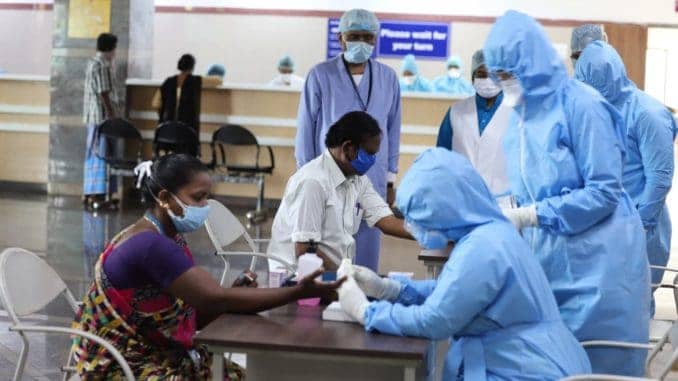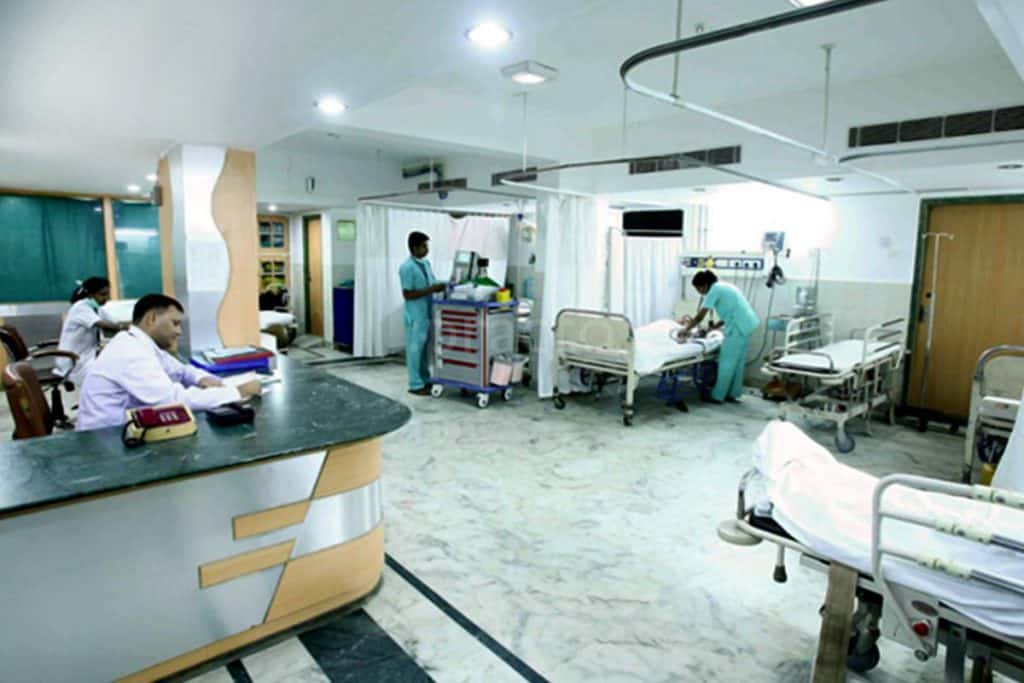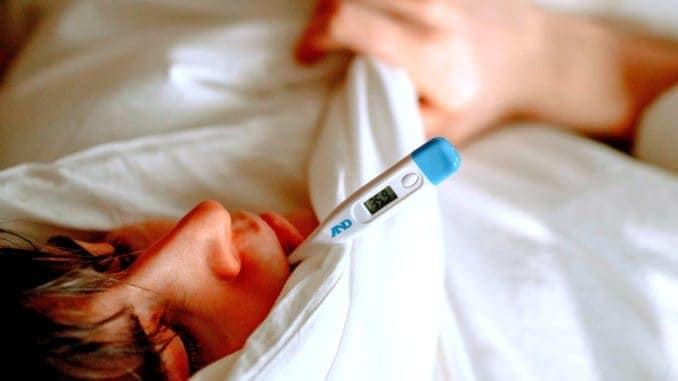India is in the throes of the second wave of the COVID-19 outbreak. Cases are shooting up at alarming rates across the country every day. The crunch of medical resources on one hand, and the cost of treatment especially in critical cases on the other, have left citizens in dire straits. In these circumstances, health insurance and the extent of coverage received under existing policies assumes huge importance.
Personal accounts are often not very encouraging. Jayalakshmi Krishnan from Chennai had opted for reimbursement when she was admitted to a private hospital for COVID treatment. “I was at the hospital’s general ward for five days and I was charged around Rs 2 lakh. The reimbursed amount, however, was only around 30-40% of the total bill,” she says. This is not an isolated incident, many survivors raise complaints about incomplete reimbursement of their COVID treatment expenses.
To understand why that happens, let us look at the basics of the policies and how some of them operate:
Are there COVID-specific policies introduced by the government?
In view of the Coronavirus pandemic, the Insurance Regulatory and Development Authority of India (IRDAI) rolled out two policies: Corona Kavach Policy (individual and family floater) and Corona Rakshak Policy (individuals). While a floater policy covers the entire family, an individual policy only covers the individual holder, as the name suggests.
Corona Kavach Policy
IRDAI has mandated general and health insurers to offer this indemnity-based individual COVID Standard Health Policy called “Corona Kavach”. According to the terms, individuals will get reimbursed for their actual expense incurred for COVID treatment. This policy would cover the expenses of the holder upto 14 days of hospitalisation.
Persons aged between 18 and 65 are eligible to opt for the policy. Dependent child/children shall be covered from day 1 up to 25 years of age. Insurers may also cover persons above 65 yrs of age as per the product design and underwriting policy of the company. However, in India, while 30 companies offer Corona Kavach policy (list available in FAQ link below, we found that they do not offer the policy for senior citizens aged above 65.
Base cover consisting of hospitalization expenses, home care treatment, medical expenses towards Ayush treatment, pre-hospitalisation medical expenses and post-hospitalisation medical expenses are included.
For a detailed FAQ, visit here.
Corona Rakshak Policy
This is a COVID-specific health insurance policy that covers treatment costs, provided the policy holder has been hospitalised for a minimum of 72 hours continuously. The Corona Rakshak Policy covers other costs for purchasing necessary equipment, including PPE kits, masks, oxygen cylinders, oxygen nebulisers, oximeters and gloves for an individual.
This policy can be availed by individuals aged between 18-65 years on an individual sum insured basis. The sum ranges from Rs 50,000 to Rs 2.5 lakh. People who have comorbid conditions can get insured by paying an additional premium.
Unlike the Kavach Policy, the Corona Rakshak Policy is only for one individual, who will get 100% of the sum insured under the policy, in case of hospitalisation.
For a detailed FAQ, visit here.
What should a policy holder do when he tests COVID positive?
- Keep your insurance card ready. A family member should inform the insurer within 24 hours of test results being declared. The RT-PCR test result should be provided to make a claim. Note down the reference number for future purposes.
- If the patient has taken a new policy, he/she will be eligible for the claim after the waiting period, which may range between 15 and 30 days which varies from one insurance company to the other. Check your policy’s terms and conditions to know the waiting period.
- If the hospital is empanelled with the provider, opt for cashless claim.
- Produce your health card at the help desk of the network hospital and the identity details will be verified by the hospital
- Once the details are verified and the request for a cashless claim is accepted, the network hospital will submit the bill directly to the insurer. It should be noted that all insurance companies offer the reimbursement option if the hospital is not empanelled. Check with your insurance agent and verify the details.
- If the request for cashless claim is denied, the patient has to pay bills on their own and apply for reimbursement. If the policy holder is not a defaulter and has all details verified, according to the latest rule, he/she should not be denied of cashless claim option in any network hospital (read the question below for more clarity)
- It is to be noted that the policyholder should have an active insurance policy, should have paid the premium, should not hide pre-existing disease or produces fake bills. In such cases, his/her policy may be cancelled and may not be eligible for the claim amount.
- Original COVID medical reports, medical bills, discharge certificate, prescription, consultation slips, diagnostic reports, pathology/radiology tests (if any) and identity proof are some of the important documents that should be filed while applying for claims.
Can hospitals deny the cashless option?
No, IRDAI has recently issued a press release stating that network hospitals who have signed Service Level Agreements (SLA) with general and health insurers have to mandatorily provide cashless facility for any treatment to the policyholders, including COVID-19 treatment, in accordance with agreed provisions of SLA and terms and conditions of the policy contract.
Policyholders are entitled to the cashless facility at all such network providers. If denied, the policyholder may register a complaint with the concerned insurance company. The details and email IDs of grievance redressal officers of insurance companies can be accessed from the website of the insurers or here.
Read more: Eight things you must know about insurance policies covering COVID-19 treatment
Will your health insurance cover 100% cost of COVID treatment?
No. The health insurance claim may not be refunded entirely. An insurance company offers multiple plans and for each plan, there is a cap set. For instance, the Comprehensive Insurance Policy offered by Star health insurance does not have room rent limits whereas there is a cap on room rent for Star health’s Family Health Optima plan.
“People should scrutinise the terms and conditions to know the capping and the amount that they can claim,” says Giridhar Venkat, Director, Manam Group, an insurance and investment solutions firm based in Tamil Nadu.
It is to be noted that health insurance policy will cover testing (doctor’s letter should be provided), ambulance charges and post-treatment. To avail of the policy claim, 72 hours hospitalisation is mandatory. Stage-1 of Coronavirus (mild infection), home quarantine or homecare treatment, out-patient consultation, or anything other than hospitalisation will not be covered. Some insurance policies do not cover coverall (PPEs, masks and gloves) charges.
In the case of pregnant women contracting COVID-19, some COVID-specific policies would not cover pre-natal and post-natal medical expenses.
Will your insurance policy cover COVID home treatment?
Partly yes and partly no. Corona Kavach and Corona Rakshak plans will allow policy holders to claim home care treatment costs.
In the private sector, not all insurance companies entertain claims for home care. Some of the companies that offer claims for home care are ICICI Lombard and Royal Sundaram General Insurance (for domiciliary hospitalisation).
What to do if the hospital is not a network hospital?
If the hospital where the patient is admitted is not listed in the insurance provider’s list of network hospitals, the patient should opt for reimbursement. In this option, the patient is required to settle the hospital bills on their own and apply for a claim after recovery. A doctor’s prescription and hospitalisation bills have to be submitted for receiving the claims.
Read more: India’s COVID response: A choice between decisive action and national distress
What can a policy holder do if the insurance company has not reimbursed the claim fairly?
Verify with an insurance lawyer to find out if the company has justly reimbursed your claim. If they have not done so, the consumer may file a plea with the consumer court and deal with it legally.
Is there any special package for health workers?
Last March, the Union Health Ministry had announced that medical professionals succumbing to coronavirus or while treating COVID patients will be covered under the Pradhan Mantri Garib Kalyan Package Insurance scheme. A sum of Rs 50 lakh will be issued to the deceased.
Later, on April 18th, the ministry withdrew the insurance scheme for those healthcare workers who die in the line of COVID-19 duty. The government said that it was in talks with New India Assurance for offering a new dispensation. According to the latest update, the Ministry has directed New India Assurance to extend the policy for a period of one year.
All healthcare workers (doctors, nurses, midwives, dental practitioners and other health professionals including laboratory assistants, pharmacists, physiotherapists, technicians and people working in hospitals) are entitled to a discount of 5% in the premium of Corona Kavach Policy. The government has not rolled out any special health insurance package for healthcare workers.
Can senior citizens avail health insurance benefits?
Yes, some insurance companies offer health insurance plans for senior citizens. Some of them are:
- Health Insurance for Senior Citizen by HDFC Ergo
- Senior Citizens Red Carpet Health Insurance Policy by Star Health Insurance (covers people aged above 60 to 75)
- Senior Citizen Health Insurance Plan by Care Insurance (Lifelong policy; entry age: 61)
- Senior Citizen Mediclaim Policy by the New India Assurance (60-80 years of age. This can continue up to 90 years if renewed without a break.)
- HOPE – Health of Privileged Elders by the Oriental Insurance (60 years and above)
COVID coverage under these policies will, however, be governed by the terms and conditions of the individual policies.
Also read:
- Don’t let your desperation during COVID times make you fall for such scams
- Attack of the mutants: Will Sputnik help us in our COVID fight?
- Coping with COVID, a challenge for Bengaluru’s seniors
(Inputs from IRDAI and Giridhar Venkat, director, Manam Group (Insurance and Investment solutions))


